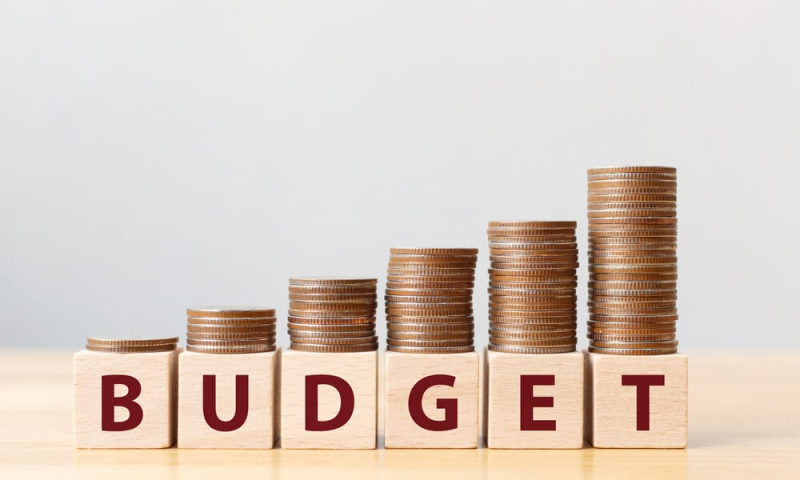- US Issues Travel Alert for Bangladesh Ahead of Election |
- Air ambulance carrying bullet-hit Hadi flies for Singapore |
- Can Dhaka’s arms recovery drive ensure peaceful polls? |
- ‘Unhealthy’ air quality recorded in Dhaka Monday morning |
- BD peacekeepers' deaths: UN chief calls Dr. Yunus, offers condolence |
Yunus-led interim govt to unveil first budget today

All eyes are on the interim government, led by Nobel Laureate Professor Muhammad Yunus, as it prepares to unveil the national budget for the 2025–26 fiscal year today (Monday).
Finance Adviser Dr Salehuddin Ahmed will present the proposed budget at 3:00pm through a pre-recorded speech to be broadcast on Bangladesh Television (BTV) and Bangladesh Betar. Private TV and radio stations have been asked to relay the broadcast by taking the BTV feed.
This marks the first budget under Professor Yunus’ stewardship, raising both national and international interest given his global standing in poverty alleviation and social innovation. However, expectations of sweeping changes are being tempered by the government’s limited mandate and timeframe.
Stability over reform
Sources suggest the caretaker administration will opt for policy continuity rather than bold reforms, focusing on maintaining macroeconomic stability amid rising inflation and pressure on household incomes.
Despite persistent calls from economists and business groups for proactive fiscal measures to tackle inflation and stimulate growth, the budget is expected to stick with existing core tax structures.
Key proposals and expected changes
-
Individual tax threshold: The tax-free income ceiling for individual taxpayers is likely to remain unchanged at Tk 350,000 per year, despite inflationary pressures.
-
Corporate tax:
-
Non-listed companies may see a 2.5% hike, raising the rate to 27.5%.
-
Companies with over Tk 30 million in turnover may face a minimum tax increase from 0.6% to 1% of annual sales.
-
Merchant banks could benefit from a reduced tax rate—down from 37.5% to 27.5%.
-
Listed companies are likely to retain the current 20% rate.
-
-
Targeted tax reliefs:
-
Minimum tax for new taxpayers may be reduced to as low as Tk 1,000.
-
Land transaction taxes may be lowered to 6%, 4%, and 3%, based on location.
-
Income tax return requirements could be eased, dropping from 45 types of services to fewer, with exceptions for savings instruments, though returns will still be needed for credit cards.
-
Family donations may now be exempted for siblings in addition to spouses, parents, and children.
-
-
Employee benefits:
-
Tax-exempt allowances for private-sector workers may rise from Tk 450,000 to Tk 500,000.
-
Employers may declare up to Tk 2 million in employee perks without extra compliance, up from Tk 1 million.
-
Incomes under universal pension schemes may be made tax-free.
-
-
Black money and laundered funds:
-
The government is expected to retain the current provision for legalising undeclared money via real estate investment—at revised tax rates.
-
New measures may penalise money launderers, especially those who renounced Bangladeshi citizenship but continue to earn from local assets.
-
-
Excise duty revision:
-
The exemption threshold for bank deposits may rise from Tk 100,000 to Tk 300,000, with additional slabs introduced.
-
Consumer impact
-
Likely price increases: Refrigerators, air conditioners, and mobile phones may become more expensive due to VAT hikes.
-
Potential price drops: Buses, microbuses, sugar, imported butter, soft drinks, cricket bats, and specialty papers may see lower prices due to reduced import duties.
-
Other items to cost more: Steel rods, face washes, lipsticks, and chocolates may get pricier following new duty adjustments.
As the nation awaits details of this crucial fiscal plan, observers note that the budget is likely to be shaped more by pragmatism and administrative efficiency than transformative vision.

